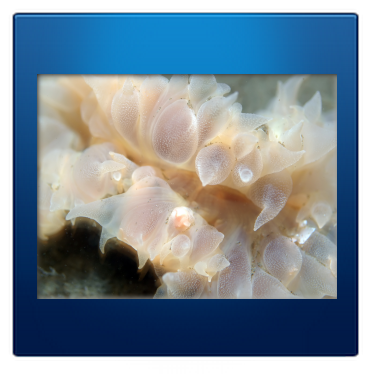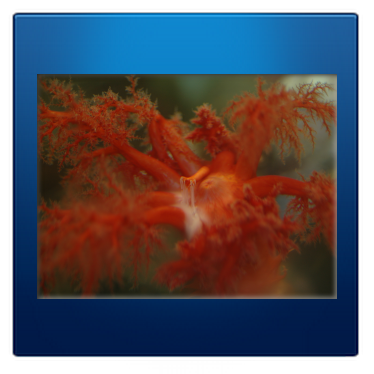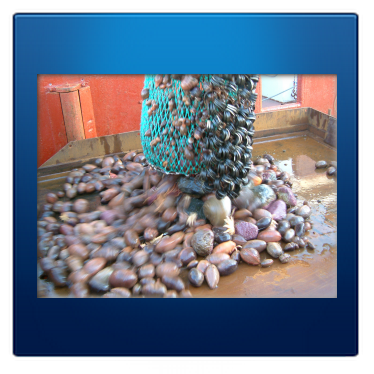Opportunities in the Mercier Lab
About
Opportunities for undergraduate and graduate students (Honours, MSc and PhD) as well as postodocs are periodically available in my lab. I am looking for highly motivated individuals with a passion for marine ecology. I will certainly encourage those who so wish it to develop their own ideas/approaches, provided they fall within the scope of my research program. Otherwise, research projects in the following areas may be available.
Ecology of Arctic & deep-sea species
This may involve the study of various groups (corals, and other cnidarians, echinoderms, molluscs, etc.) that we can collect (preserved and live specimens) from bathyal depths (down to approx. 2000 m) in the Grand Banks, Labrador and Nunavut regions. The focus is on reproductive ecology (including spawning and larval development), trophic ecology, including prey-predator interactions, and symbioses. Candidates may take part in sea-going or field expeditions and should have a desire to work with poorly known species (in sometimes harsh or remote conditions).
Life-history strategies of benthic taxa
With a focus on echinoderms (sea stars, sea cucumbers, sea urchins, etc.) and cnidarians (corals, sea anemones). Topics to be addressed may include: 1) environmental and endogenous drivers of reproductive success (e.g. periodicities in gamete production and spawning); 2) drivers of variation in offspring phenotypes (e.g. size, colour, buoyancy of eggs and larvae) and development modes (planktotrophy, lecithotrophy, brooding); (3) the impact of stressors, including climate change, on reproductive rhythms and success. Candidates should be interested in the design of experimental trials aimed at answering ecological questions, histology/microscopy techniques, image analysis, fractionation and chemical analysis of bioactive substances, monitoring of breeding populations.
Applied research
With a decline in traditional harvests, several exploratory fisheries are being conducted to determine if certain underutilized species would be commercially sustainable. At the forefront of emerging fisheries in Atlantic Canada is the orange-footed sea cucumber, Cucumaria frondosa. Projects in this segment aim to elucidate key biological aspects of C. frondosa which are not only significant from an ecological viewpoint but will also provide stakeholders with the tools to develop appropriate exploitation and management strategies. Areas of study may include the definition of stress markers, growth parameters through field and laboratory experiments, the development of tools for aging wild specimens, the optimization of captive-breeding conditions, and other aspects of the general biology and ecology of sea cucumbers.
If you are interested
Interested candidates should email me and provide the following:
- An outline of research interests
- A resume or CV
- A copy of unofficial transcripts






